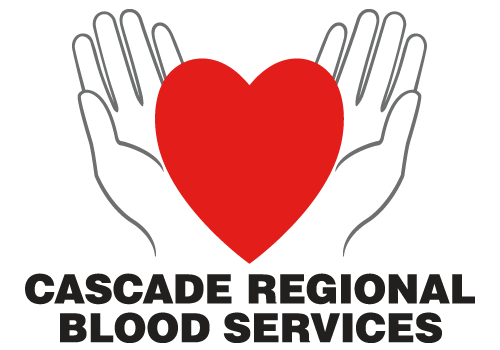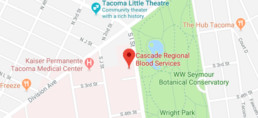TYPES OF DONATIONS
Cascade Regional Blood Services needs 100 blood donations per day in order to maintain a safe and healthy blood supply. Not all blood donations are the same, and often times we have an increased need for one type over another.
WHOLE BLOOD DONATIONS
Whole blood is the blood that flows through our veins. It contains red cells, platelets, and plasma. Whole blood donations are the most common type of donations. During this donation process a pint of blood is collected from the donor, then sent to the lab where it undergoes extensive testing, is separated into components including red cells and plasma, and prepared for distribution to one of our hospitals for a patient in need. There is a constant need for whole blood donations as it helps patients with cancer, blood disorders, traumatic injuries, and more.
A whole blood donation can take up to one hour from beginning to end and the actual donation only takes 10-15 minutes. You can donate whole blood every 56 days!

AUTOMATED DONATIONS
Apheresis is an automated blood donation process in which donors can give red cells, platelets, or plasma. Learn more >>
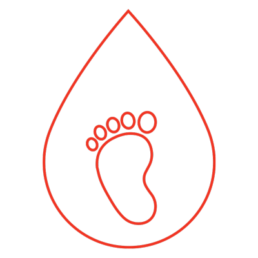
BABY BLOOD PROGRAM
Baby blood donors provide whole blood and platelets for specific patients, frequently on very short notice. Over 170 pediatric heart surgeries and other special procedures are conducted annually at MultiCare Mary Bridge Children’s Hospital and Health Center. If you are interested in becoming a baby blood donor please call one of our Donor Schedulers at 253-383-2553
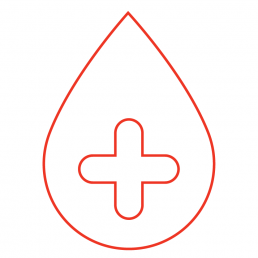
THERAPEUTIC PROCEDURES
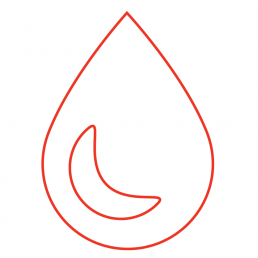
SICKLE CELL
Sickle cell disease is an inherited condition where abnormal sticky, rigid red blood cells shaped like sickles or crescents get stuck in blood vessels, preventing normal blood flow. Normal red blood cells survive for 3 to 4 months, with the body always making new ones. Sickle cells however only survive about 10 to 20 days, and the body may have trouble keeping up with how fast the cells are destroyed. This can cause severe pain and lead over time to many other issues and complications. Learn more >>
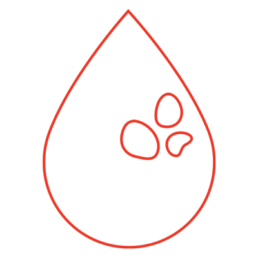
BONE MARROW DRIVES
Cascade Regional Blood Services partners with Be the Match National Marrow Donor Program to facilitate joining the registry for those who wish to become bone marrow donors. For more information about how you can host a bone marrow drive or join the registry go to www.bethematch.org or email marketing@crbs.net
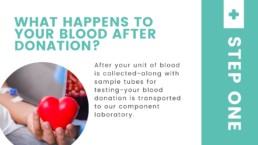
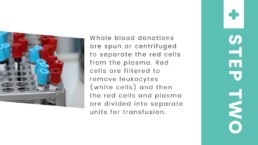
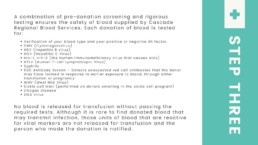
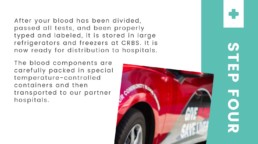
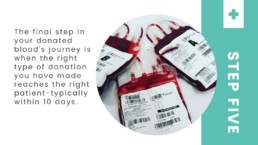
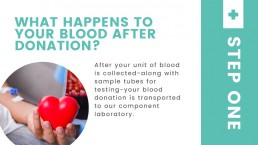
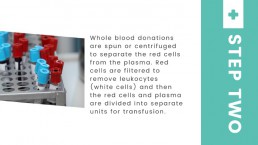
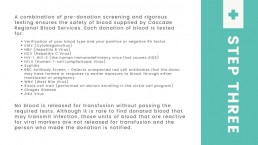
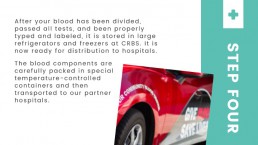
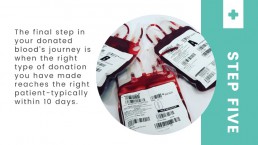
WHAT HAPPENS TO BLOOD AFTER DONATION
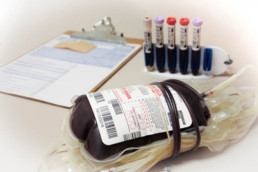
STEP ONE
After your unit of blood is collected-along with sample tubes for testing-your blood donation is transported to our component laboratory.
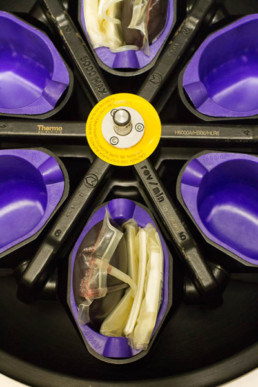
STEP TWO
Whole blood donations are spun or centrifuged to separate the red cells from the plasma. Red cells are filtered to remove leukocytes (white cells) and then the red cells and plasma are divided into separate units for transfusion.
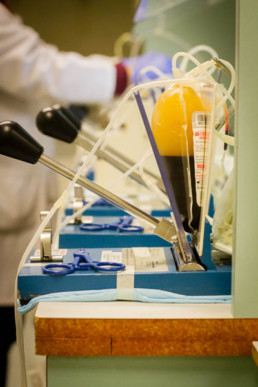
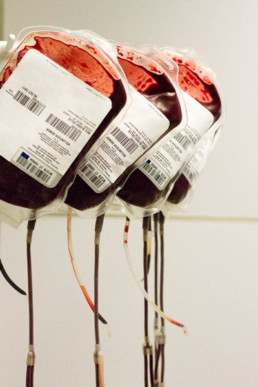
STEP THREE
A combination of pre-donation screening and rigorous testing ensures the safety of blood supplied by Cascade Regional Blood Services. Each donation of blood is tested for:
-
- Verification of your blood type and your positive or negative Rh factor.
- CMV (Cytomegalovirus)
- HBV (Hepatitis B Virus)
- HCV (Hepatitis C Virus)
- HIV-1, HIV-2 (the human immunodeficiency virus that causes AIDS)
- HTLV (Human T-cell Lymphotropic Virus)
- Syphilis
- RBC Antibody Screen – Detects unexpected red cell antibodies that the donor may have formed in response to an earlier exposure to blood, through either transfusion or pregnancy
- WNV (West Nile Virus)
- Sickle cell trait (performed on donors enrolling in the sickle cell program)
- Chagas Disease
- ZIKA Virus
No blood is released for transfusion without passing the required tests. Although it is rare to find donated blood that may transmit infection, those units of blood that are reactive for viral markers are not released for transfusion and the person who made the donation is notified.
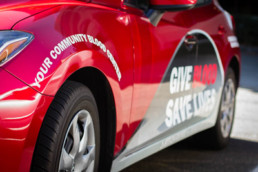
STEP FOUR
After your blood has been divided, passed all tests, and been properly typed and labeled, it is stored in large refrigerators and freezers at CRBS. It is now ready for distribution to hospitals.
The blood components are carefully packed in special temperature-controlled containers and then transported to our partner hospitals.
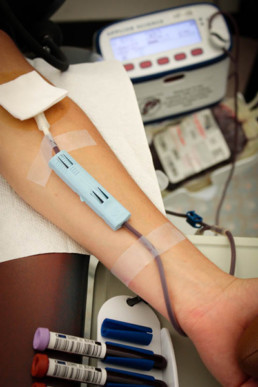
STEP FIVE
The final step in your donated blood’s journey is when the right type of donation you have made reaches the right patient-typically within 10 days.
